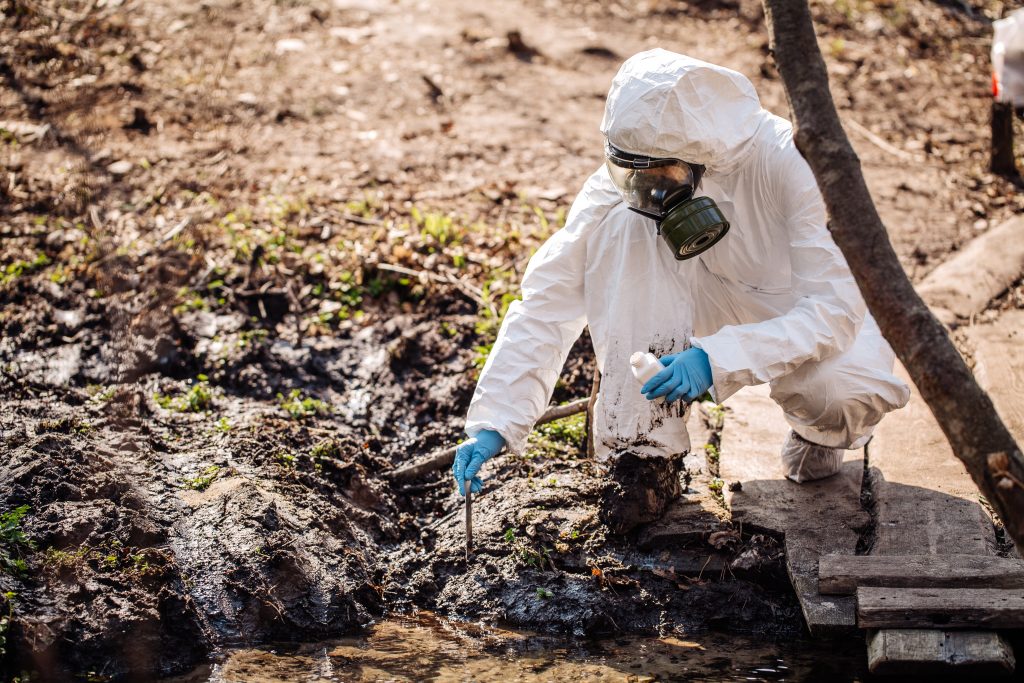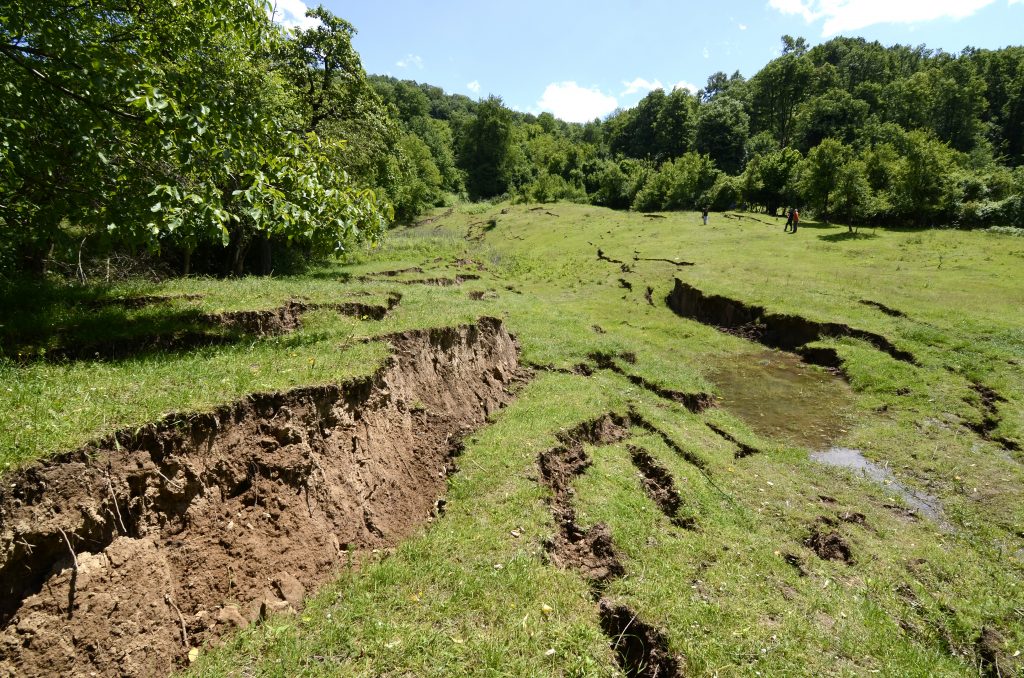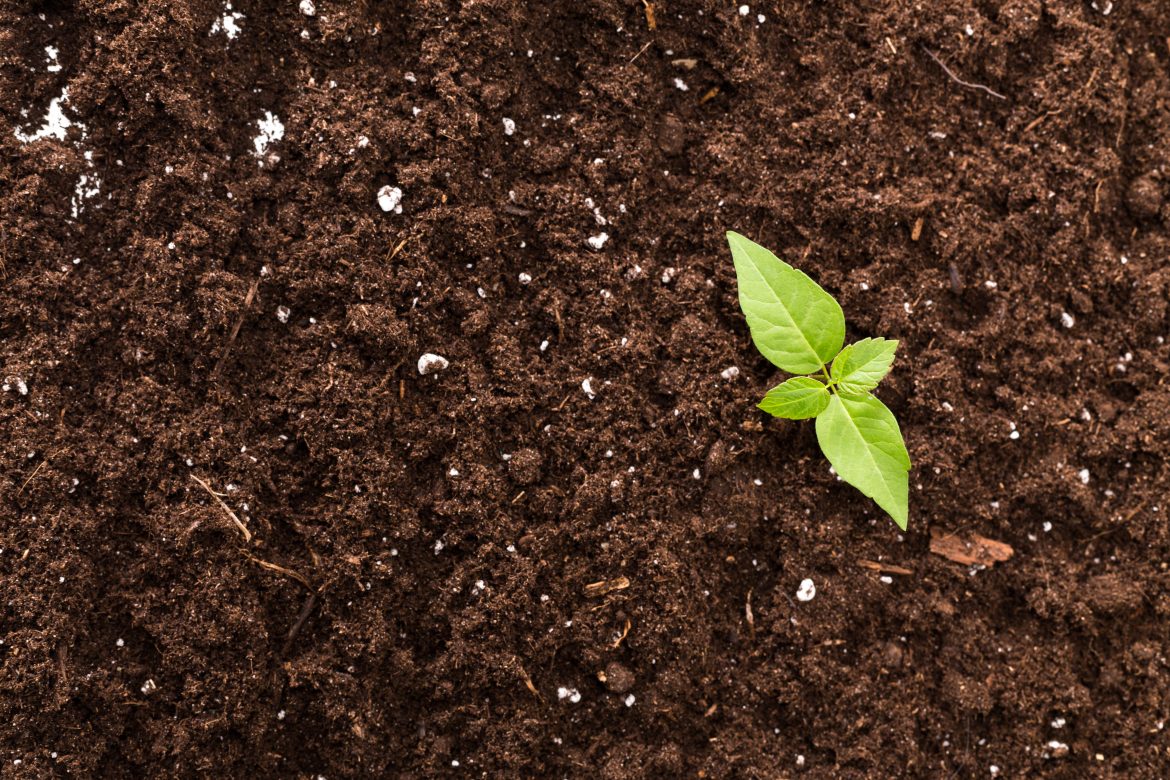Happy World Soil Day from Eco18! Today is a day of celebrating one of the most important pieces in the patchwork of our ecosystems! A healthy planet for humans and all life quite literally starts from the ground up, but we rarely ever stop to consider the true impact of what this shifting foundation means for our future. Starting in 2002 at the recommendation of the International Union of Soil Sciences (IUSS), the late King of Thailand in conjunction with the Food and Agriculture Organization of the United Nations (FAO) sought to recognize the critical role that soil played in our lives and raise awareness for protecting this building block for sustainability.
Though the process was time-consuming, H.M. King Bhumibol Adulyadej, working with the IUSS and endorsed by the FAO, brought the idea of a global awareness day for soil to the United Nations. Following the UN General Assembly in 2013, December 05, 2019 was established as the first official World Soil Day (the same day as King Adulyadej’s birthday). H.M. King Bhumibol Adulyadej passed away in 2016.

Each year hosts a different theme or focus with past missions including “be the solution to soil pollution” in 2018 and “caring for the soil starts from the ground” in 2017. This year however is focusing on a constant threat that is continuing to worsen to this day: soil erosion.
“Soil erosion is a natural process that can be exacerbated by human activities and is the wearing away of the land surface by physical forces such as rainfall, flowing water, wind, ice, temperature change, gravity, or other natural or anthropogenic agents that abrade, detach, and remove soil or geological material from one point on the earth’s surface to be deposited elsewhere”, according the journal Soil Environment.
Soil erosion could result from events like flooding and wind but also can be helped by deforestation and over-use of land, chemical pesticides, water, and tilling practices used by agricultural companies. Do you remember learning about the Dust Bowl Era of the 1930’s in the United States and Canada? Soil erosion caused by agricultural practices preceding an eight-year drought caused the burying of farms and towns across the Great Plains, making the land practically uninhabitable at the time.
But why should we care if we aren’t farming and are living in a big city with hardly any green space? The soil health is directly reflected in our health. And the United States is losing soil 10 times faster to erosion than soil is being replaced. The statistics are even more dire for Africa, India, and China where the ‘rate of replenishment’ of the soil is 30 to 40 times slower than the rate of erosion.
“The soil can be thought of as a medium providing society with various benefits or services. Life on earth would be impossible without the soil and all the things that it performs for the humanity. Whatever people eat, drink or breathe, or wear, almost all comes from the soil or are dependent upon it.”
M.K. Doula and A. Sarris in Chapter 4of Soil Environment (p. 214)

Here are three reasons why soil is so very important:
Soil is the biggest carbon store in the world at 1500 gigatons.
Soil contains about 2,500 billion tons of carbon. Our atmosphere has 800 billion tons of carbon in it. However, this carbon storage ability has dramatically decreased in recent years, which greatly inhibits ecosystem resiliency to floods and droughts. However, Ohio State University research indicates that if we can restore soil quality to desertified ecosystems, the 32 billion tons of carbon dioxide we produce annually could be lowered by the 3.5 billion to 11 billion tons of carbon dioxide storable in soil.
And not only does it store carbon, but the soil stores vast amounts of water too and acts as a filtration system to clean water before it reaches oceans and lakes. Depending on the type of soil, the climate, and the materials that reside in the soil, organic matter can hold up to 20 times its weight in water. Check out specific water figures here.
Measures taken by the European Union are continuing to help the dramatically low levels of organic material of soil in Europe but there needs to be a global effort to save soil from erosion in every country.
There is still so much more to learn. And we are killing soil of before we can learn more.
Soil is a living thing, and therefore can die. It is home to over a fourth of the world’s species and yet of the micro-organisms that live in the soil, we can only identify about 1 percent. One tablespoon of soil can hold around seven billion organisms and could date back to the birth of our solar system. That is a lot to take in.
About 95 percent of our food comes from soil, yet already 33 percent of our soil has been degraded through ‘erosion, salinization, compaction, acidification, chemical pollution and nutrient depletion’ according to the FAO.
It is evident that “soil is the earth’s fragile skin that anchors all life on Earth” and if we are going to reverse the damage of destroying half the world’s topsoil in the past 150 years, we are going to need to make some major changes.
The steps to save soil from erosion are doable.
Supporting regenerative agriculture is a big step. The use of agrochemicals, tilling and crop overuse pollute the soil, prevent natural soil filtration, and lead to nutrient depletion, effectively killing the soil. A soil without life cannot continue to give life to other things and becomes unusable and easily erodes. Regenerative agriculture seeks to change these practices by using natural pesticides in place of chemicals, using minimal tilling and more effective irrigation methods as well as practicing crop rotation and natural composting. We as consumers can help support regenerative agriculture by truly investigating the food and products we buy and investing in businesses that truly invest in sustainable practices.
Another step is asking our public officials and donating to organizations that continue to support better soil health across the world. The FAO and World Wildlife Fund are working constantly on campaigns to prevent erosion and more information can be found on the World Soil Day homepage!
To celebrate this holiday, the FAO Global Soil Partnership is challenging everyone across the world to do something. Whether that looks like increasing your and your friends’ education about soil erosion, planting something new in your community garden or backyard, making an active effort to support regenerative agriculture, or taking to social media to spread the word about soil health, today is the day to start to change – our soil needs it.

 Food
Food Farmers
Farmers Sustainable Living
Sustainable Living Living Planet
Living Planet News
News